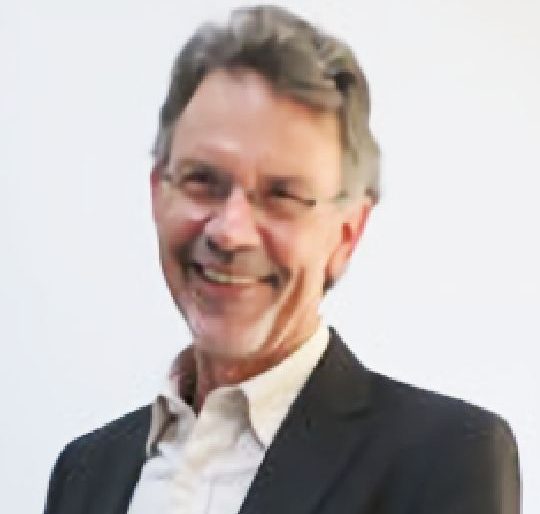
- Affiliation
- Institute of Environmental Radioactivity Radioecology division, field wildlife research
- External Link
Profile
My colleagues and I study wildlife within Fukushima’s radiation exclusion zone. We use new methods to quantify their dose from chronic exposures and evaluate effects.
Main Focus of Research
- Radioecological field studies of wildlife within the Fukushima Exclusion Zone
- Wildlife response to human evacuations and resettlement
Fields of Research
Radiation dose and effects to wildlife from low-level, chronic exposures; development, testing and use of GPS-dosimetry on free-ranging wildlife; wildlife-human interactions; transport and fate of radioactive contaminants in aquatic and terrestrial ecosystems; remediation of radioactively contaminated ecosystems; contaminant modelling; ecological risk analyses.
Keywords
radioecology, Fukushima, environmental radioactivity, GPS-dosimetry, ecological risk analysis
Research Overview
Our team researches environmental radioactive contaminants, with the goals of (1) better understanding their dynamics among ecosystem components, (2) improving predictions of their long-term fate, and (3) understanding potential risks to humans and the environment. We developed a GPS-dosimeter collar that allows external radiation dose to be measured in free-ranging wildlife. Dr. Jim Beasley (University of Georgia) and I used the new tool on wolves living in the Belarus portion of Chernobyl’s Exclusion Zone. Now, Dr. Kei Okuda (IER) and I are using the tool on wild boar of Fukushima. Jim, Kei and I have teamed up with Dr. Susan Bailey (Colorado State University) and Dr. Shingo Kaneko (IER) to examine the effects of chronic radiation exposures on wildlife.
A few words
I am thrilled to have the opportunity to work in Japan with the international group of scientists at IER. It is exciting to help IER develop into a world-class field research institute in radioecology. We hope that our wildlife work will help the evacuated people of Fukushima as they return to their abandoned communities, and that we contribute to IER’s mission of providing excellent research and public service to the Japanese public.
Professional Experience
- 2011-2015
Coordinator of the Strategy for Allied Radioecology (STAR), a European Network of Excellence in radioecology (www.star-radioecology.org), France.
- 2009-2015
Deputy Director, Department of Environmental Risks, Radiation Protection Division, Institute of Radioprotection and Nuclear Safety (IRSN), France.
- 1992-2008
Assistant, Associate and Senior Research Scientist, University of Georgia, Savannah River Ecology Laboratory, USA.
- 1992
Staff Scientist, Paul Scherrer Institute, Switzerland.
- 1989-1991
Postdoctoral Fellow, Paul Scherrer Institute, Switzerland.
- 1985-1989
Ph.D. program. Radioecology, Colorado State University, USA.
Personal Interest
Good food and wine, which requires a counterbalance of cycling and hiking, learning Japanese culture, assisting the good people of Fukushima.
